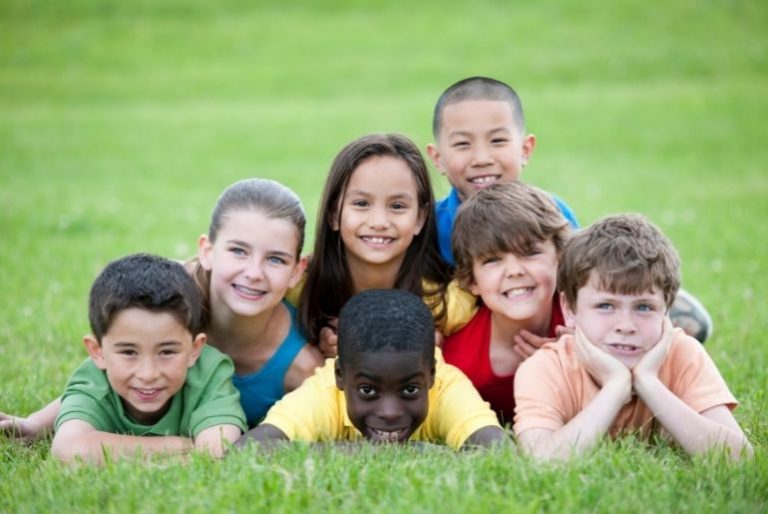This article on colds is full of great advice on how to ease the symptoms of the common cold, including traditional and natural remedies.
What is a cold?
Colds are very common and caused by over 100 different types of viruses. Colds generally cause upper respiratory symptoms such as coughs, blocked noses, sneezing as well as sore throats, sore ears and sore sinuses.
Cold are contracted by coughing, sneezing or direct contact with someone with the illness. Most people recover from colds after 7 to 10 days.
What are the signs and symptoms of colds?
- Sore throat
- Cough
- Sore ears
- Sneezing
- Running nose
- Watery eyes
- Headache
- Feeling tired and run down
Treatment for the common cold
As colds are caused by a virus, antibiotics are of no use in fighting them (antibiotics kill bacteria, which are an entirely different kind of bug).
For this reason there is very little your doctor can do to help with a common cold. In fact, there is a delightful old saying that goes:
The best advice that anyone (including your doctor) can give you is:
- Rest – keep children in bed or on the couch (DVDs are great for this purpose)
- Drink plenty of fluids – at least eight glasses of liquid a day. Fluids help flush toxins from the body and help thin mucous
- Give a light, nutritious diet if children are hungry– smoothies, soups, soft foods like scrambled eggs. If they are not hungry, don’t force them to eat
- Give them lozenges to suck to help with a sore throat
- You may want to take medicines to help with the symptoms, such as cough medicines or paracetamol for headache relief – check with doctor or pharmacist before giving medicines to children
- Adults should stop smoking and avoid alcohol
- Never give aspirin to children under age 21 – research shows it can cause Reye’s syndrome (which is a severe illness which can damage major organs including the liver and the brain).
Types of Cold Medicines
- Oral decongestants – these help reduce congestion in the nasal passages
- Nasal sprays – help reduce the congestion in the nose and sinuses
- Expectorants – help thin the mucous to make it easier to cough up
- Antitussives – help stop dry, irritating cough, but don’t use these if your child has mucous – as this needs to be coughed up
Risks & complications from a cold
Seek medical attention if:
- There is a high or prolonged fever
- If your child stops drinking fluids
- If a bad earache starts
- If your child has trouble waking or seems especially irritable
Remedies to the common cold?
- Check out this amazing cold prevention remedy. It’s a recipe passed down from Mum to Mum.
- High doses of vitamin C given at the first feeling you may be developing may stop the virus in its track. Large doses of vitamin C boost the immune system and help white blood cells destroy viruses. Just check the correct dosage for children and adults.
- Ensure diet is rich in foods containing vitamin C – citrus fruits, strawberries, blackberries, grapes, tomatoes, carrots.
- Garlic in the food or in supplement form may help ward off colds and flu.
- A hot bath with Epsom salts can be soothing.
- Zinc supplements may help to reduce the symptoms and severity of a cold. Zinc rich foods include eggs, oysters, pumpkin seeds, and beans. Zinc is available in throat lozenges or supplements.
- Magnesium is another immune booster. Foods containing magnesium include nuts, seeds and wholegrain.
- Other supplements used in fighting colds and flu include Omega 3, ginger, Echinacea, liquorice, vitamin B6 (found in fish, meat, bananas, beans, wholegrains and nuts).
- Inhalations of juniper, peppermint or eucalyptus essential oils in hot water are also helpful (drop the essential oil into steaming water and breathe in the steam).
- Avoid dairy products and sugar which can increase and thicken mucus.
Helpful articles for parents
If you’re not sure whether your child has a cold or the flu, you might like to read our helpful article on the Flu. Depending on your circumstances, you may also need to refer to Ear Infections and Cold Sores!







Great information! I get a cold all the time I am so glad that I can talk to a doctor. They can provide me care right over the phone. Anytime day or night, they can even call in a prescription if needed.